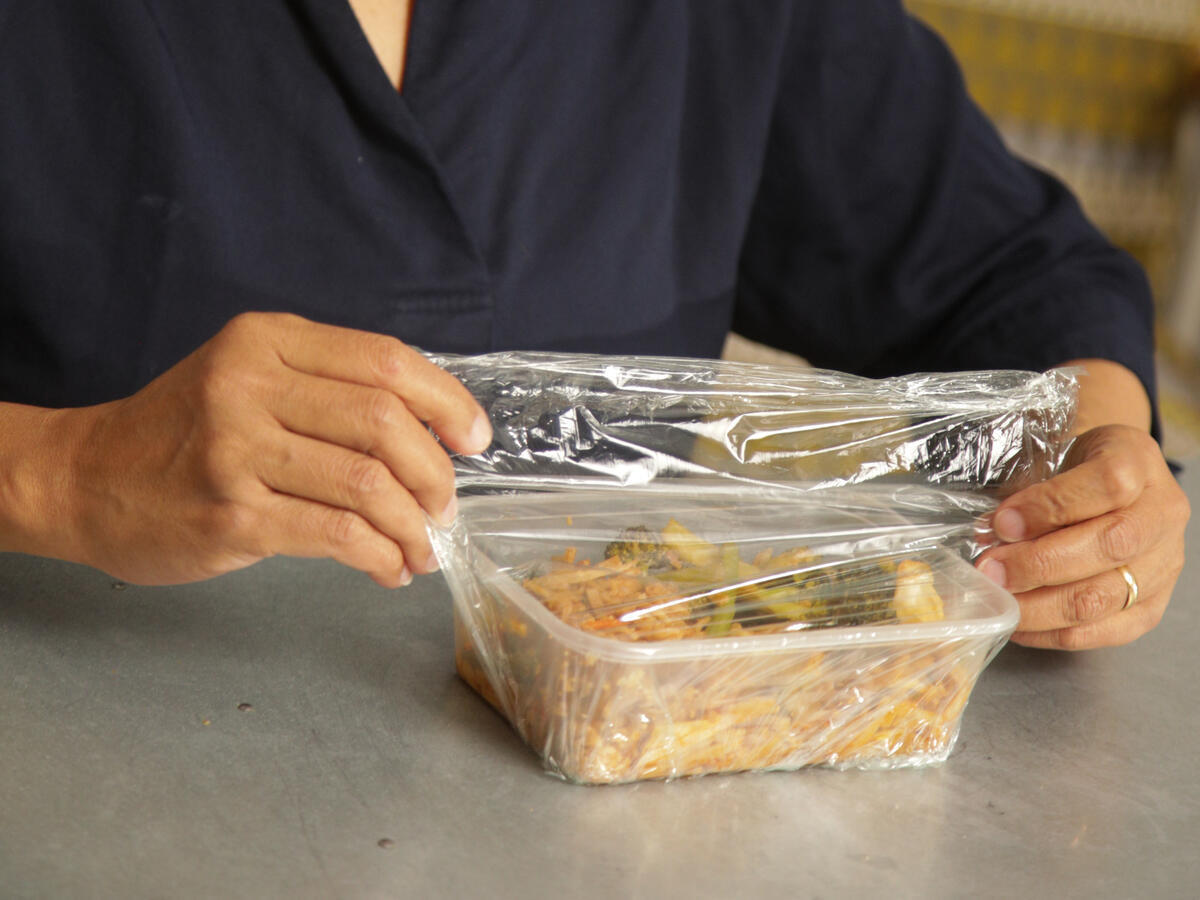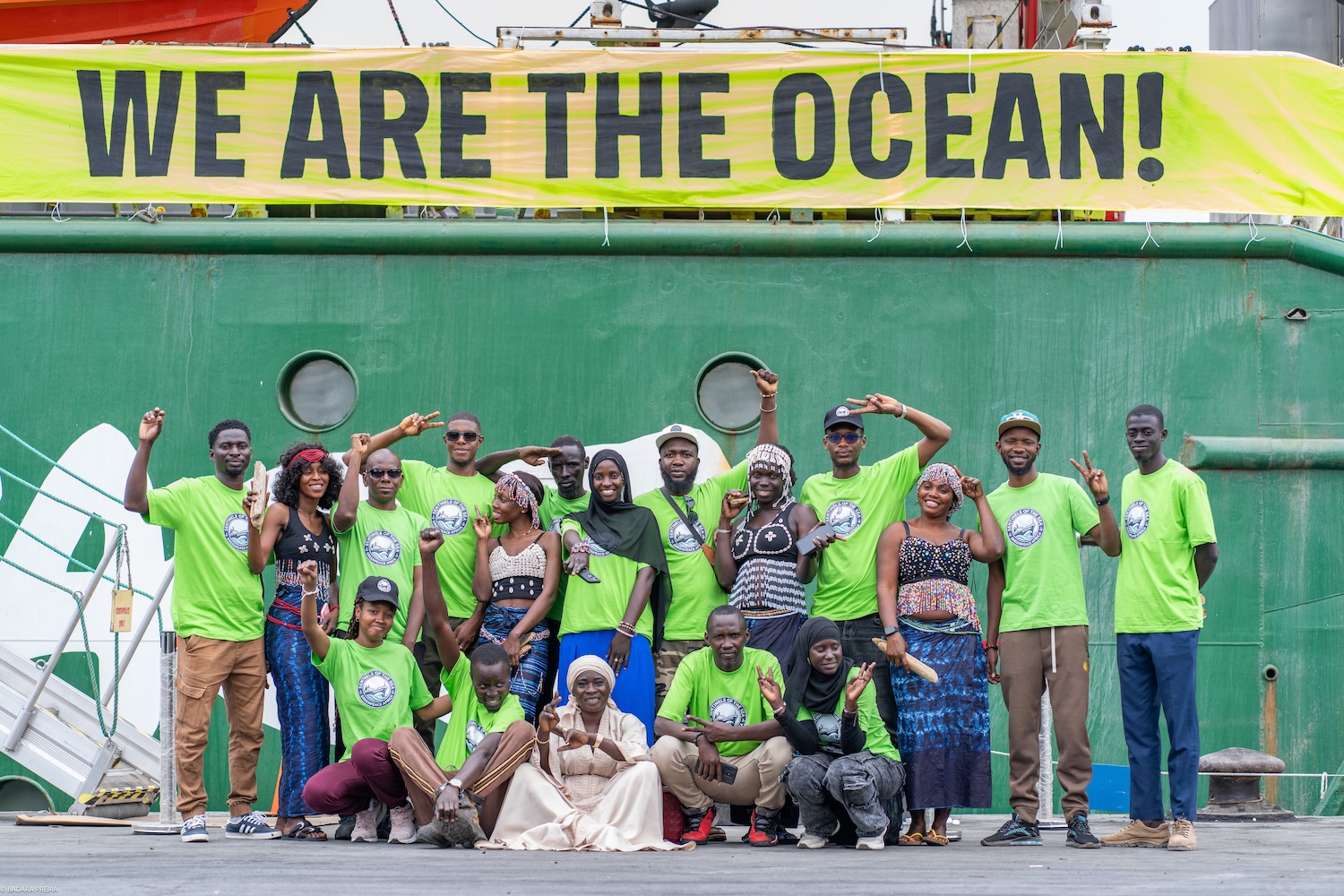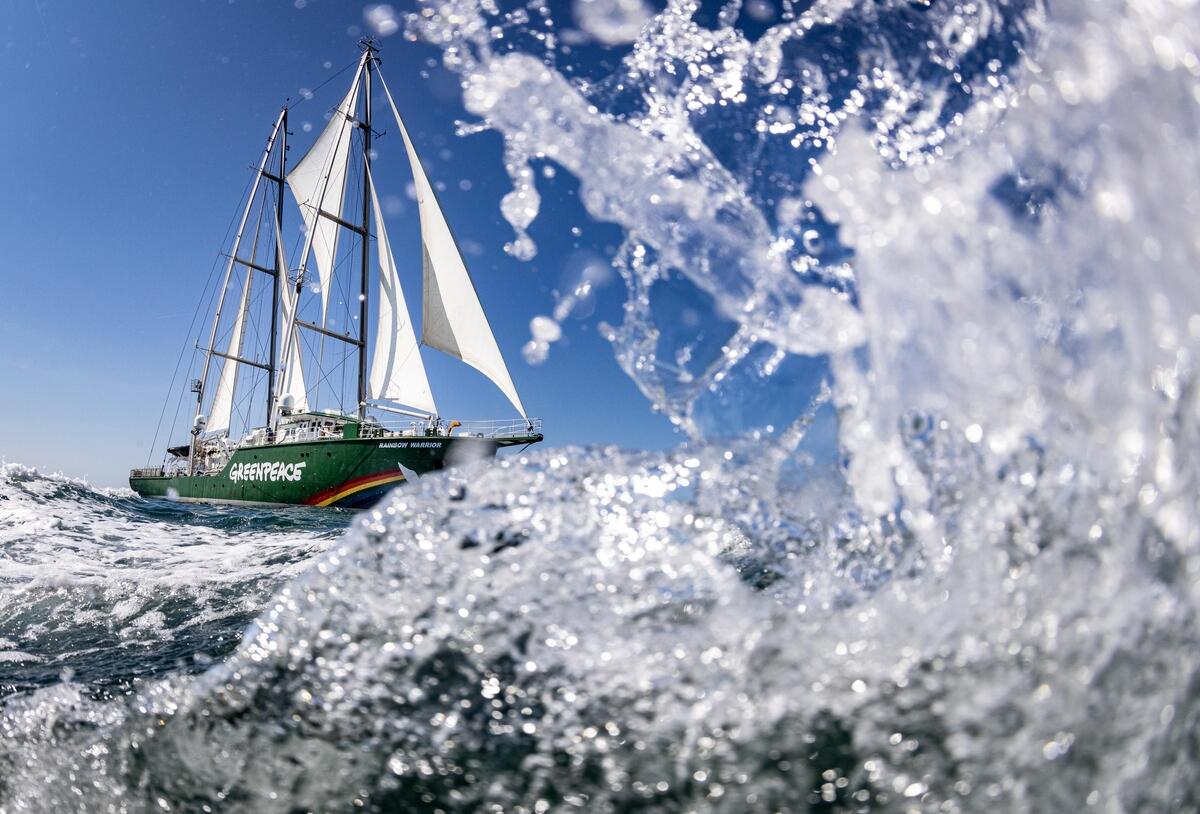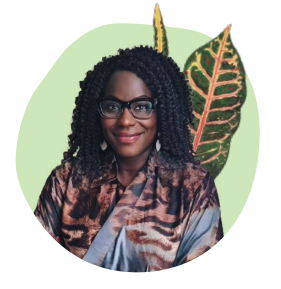
Dr. Oulie Keita
Greenpeace Africa Executive Director
In Nairobi’s Dandora dumpsite, Joyce, a young mother rises each day not to farm her land or build her dream, but to scavenge through plastic waste to feed her children. Years of inhaling toxic fumes have damaged her lungs. Hospital visits are now part of her daily reality. Still, every morning, she returns to that mountain of waste, because she has no other choice.
Joyce’s story is not an exception. It is the reality of too many African women whose lives are being shaped, and shortened, by a crisis they did not create. Women in Africa are on the frontlines of the climate and plastic crisis, not just as victims but as the invisible backbone of communities striving to survive amidst environmental collapse.
This World Environment Day, marked under the theme “Ending Plastic Pollution Globally,” I am compelled to say: the world must do more than pay lip service to this crisis. The global plastic crisis may affect us all, but its impacts are not equally distributed.
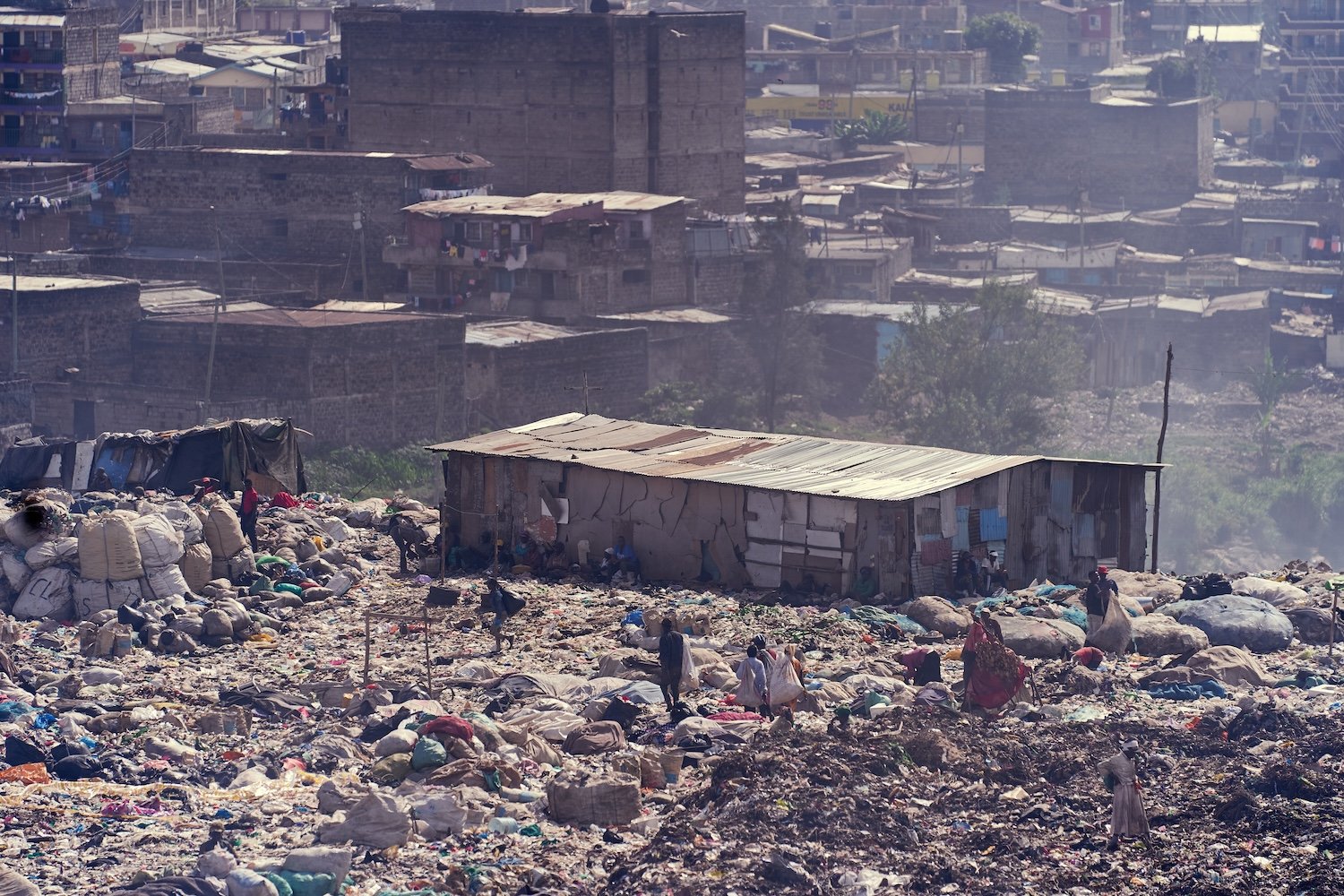
Africa contributes the least to global plastic pollution, yet our rivers, coastlines, and cities are overflowing with it. Our markets are flooded with single-use plastics manufactured thousands of miles away. Our communities are turned into dumping grounds in the name of global trade. And the poorest, especially women, are left to deal with the toxic aftermath.
This is not accidental. It is structural. It is a system that prioritizes corporate profit over human life. This is plastic colonialism. And it must end. That’s why this week we took our message to Coca-Cola’s corporate office in Johannesburg, South Africa.
At Greenpeace Africa, we refuse to be silent. Through our Plastic and waste colonialism campaign, we are demanding a different future, one where corporations are held accountable and communities, especially women, are protected and empowered.

Millions of people across the world have joined our call for a strong, binding Global Plastics Treaty. This treaty must not be another vague agreement. It must deliver justice.
We are calling for a treaty that:
- Caps and phases down global plastic production, starting with single-use plastics
- Holds polluters accountable across the entire plastics lifecycle, from extraction, production to disposal
- Bans toxic chemicals of concern used to make plastics and waste trade from high-income to low-income countries
- Prioritizes the needs of frontline communities like waste pickers, informal recyclers, and Indigenous Peoples
- Guarantees meaningful participation of African voices, especially women, in negotiations and implementation as well as a stable financial mechanism that will drive the treaty implementation
- Protects human health, especially in communities near incinerators, dumpsites, and plastic manufacturing zones
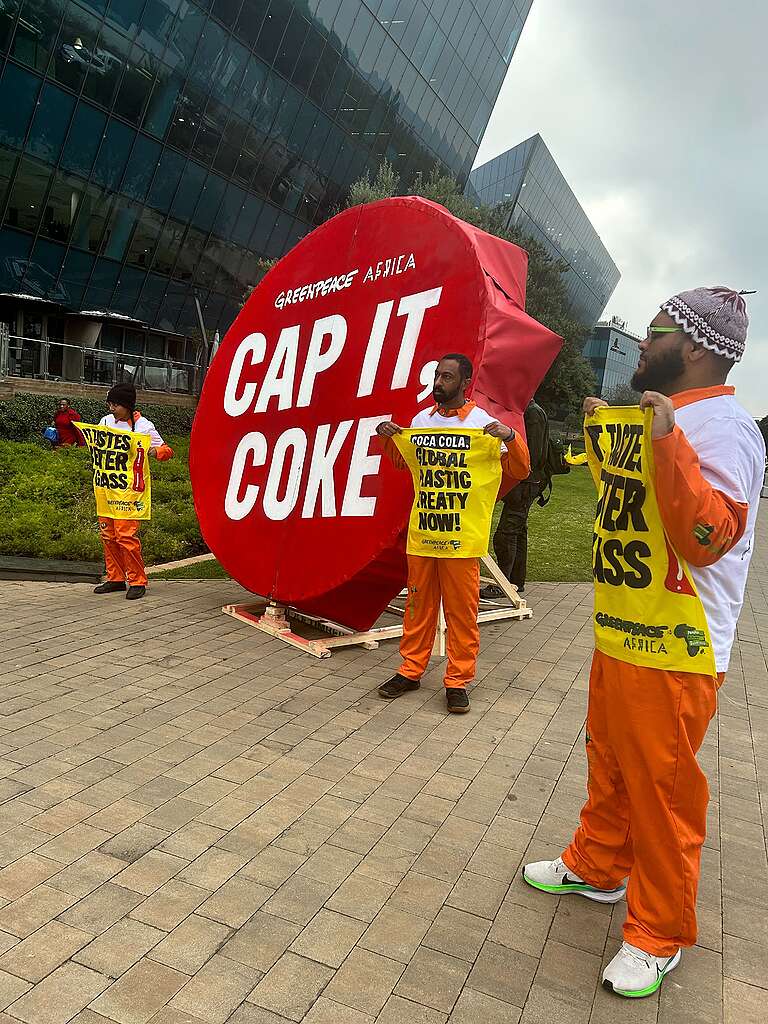
Call for a plastic-free Africa
Tell governments to champion a strong Global Plastics Treaty so that we can finally turn off the tap and end the age of plastic.
Because this isn’t just about the environment. It’s about dignity, health, and justice.
In Kenya, our documentary “Dumped: A Waste Picker’s Story” brought Joyce’s voice to the global stage. In South Africa, we supported legal efforts to ban hazardous single-use plastics. Across Cameroon and Senegal, we are building grassroots power to demand systemic change. And at the UN Global Plastics Treaty negotiations, we are standing firm for solutions that are rooted in equity, science, and human rights. Women like Joyce are not passive recipients of aid. They are leading change, when given the chance. But they should not have to choose between survival and safety. And they should never bear the cost of a crisis they did not cause.
So on this World Environment Day, I call on governments, businesses, and international institutions: End the delay. End the pollution. End the injustice.
Let this treaty be the turning point. For Africa, for women, for Joyce, and for the generations that follow. Let us move:
- From pledges to policies
- From clean-ups to transformation
- From corporate influence to community justice
A plastic-free future is not a dream. It is a decision. Let’s make it together.

